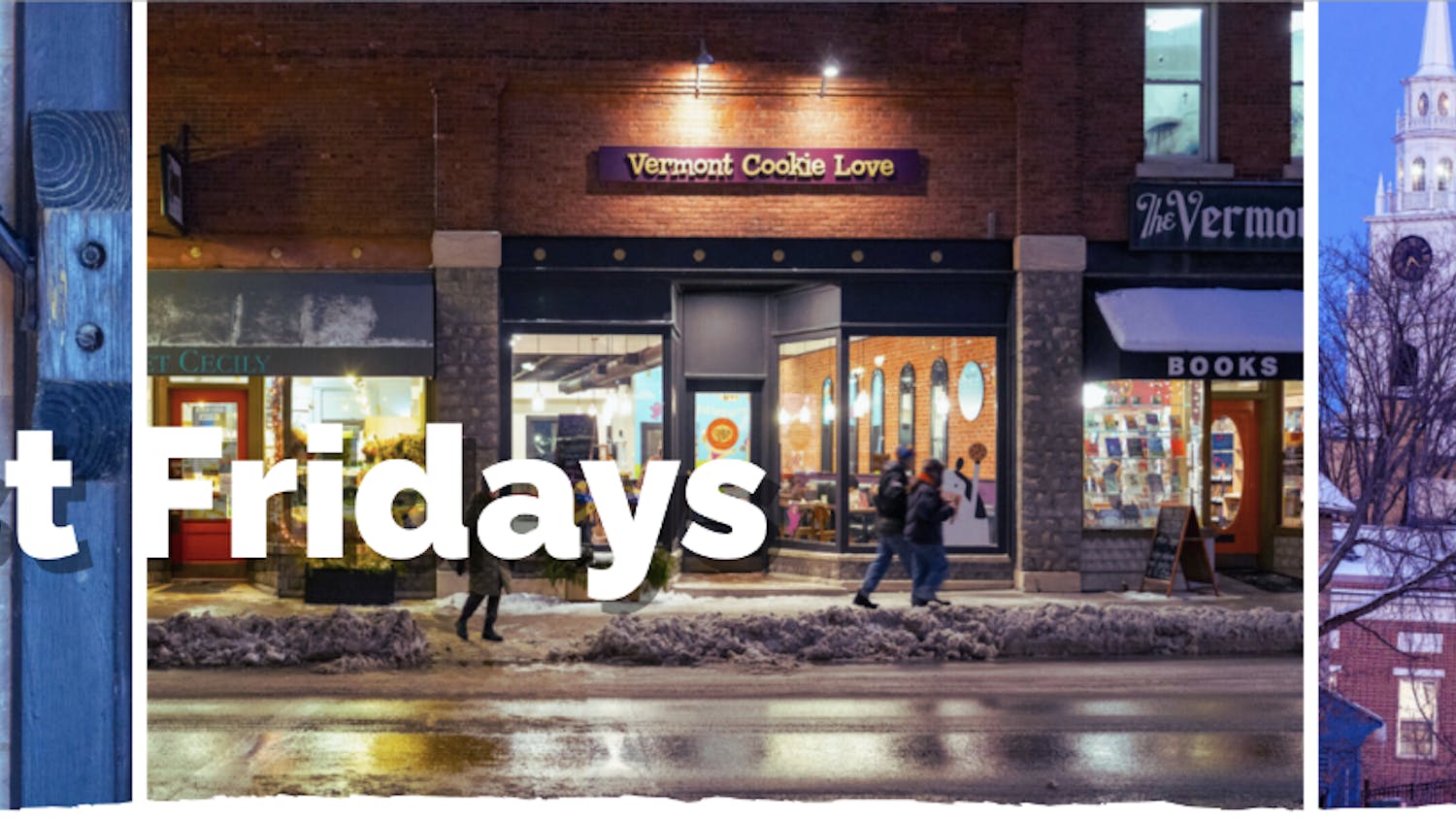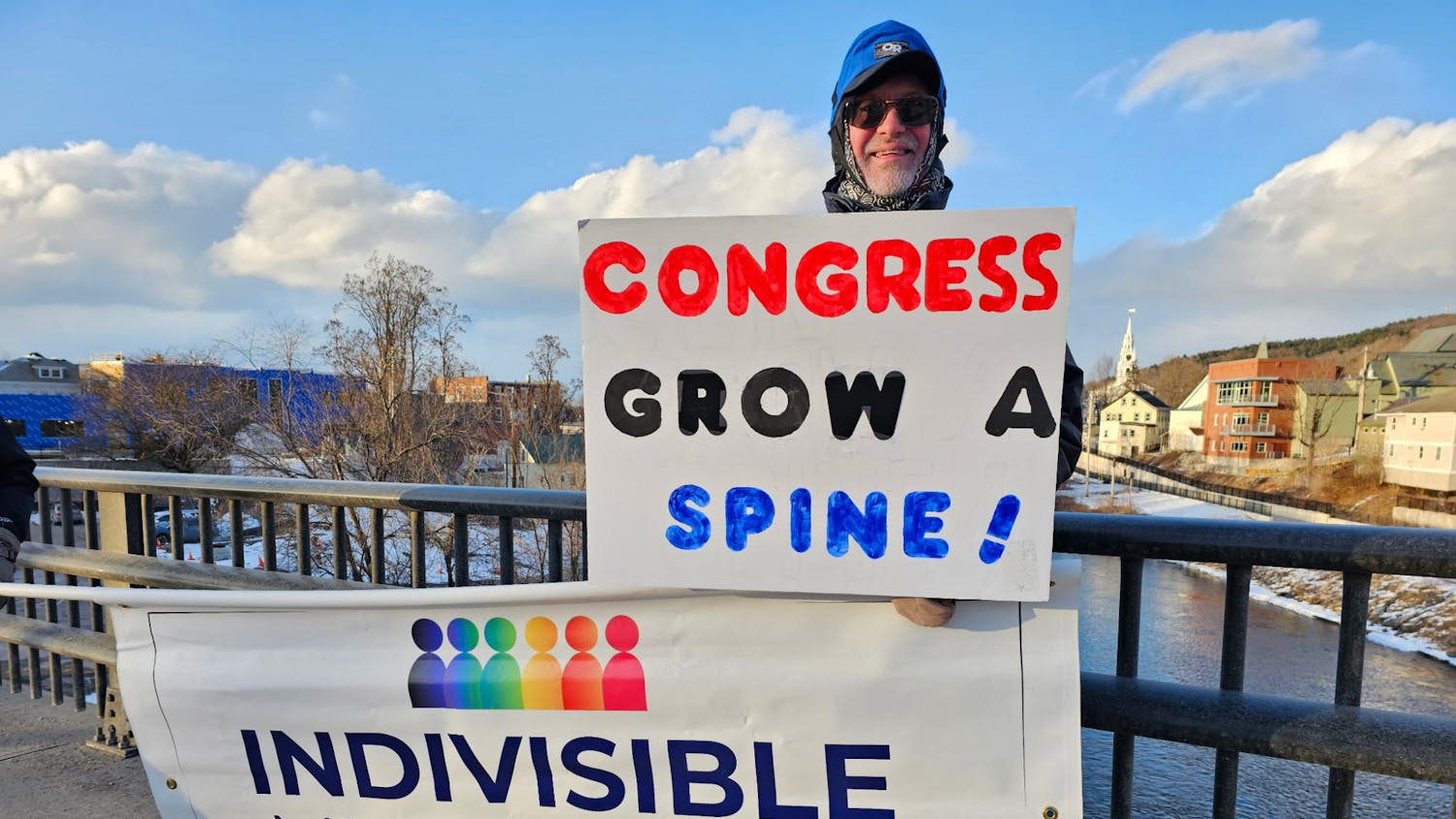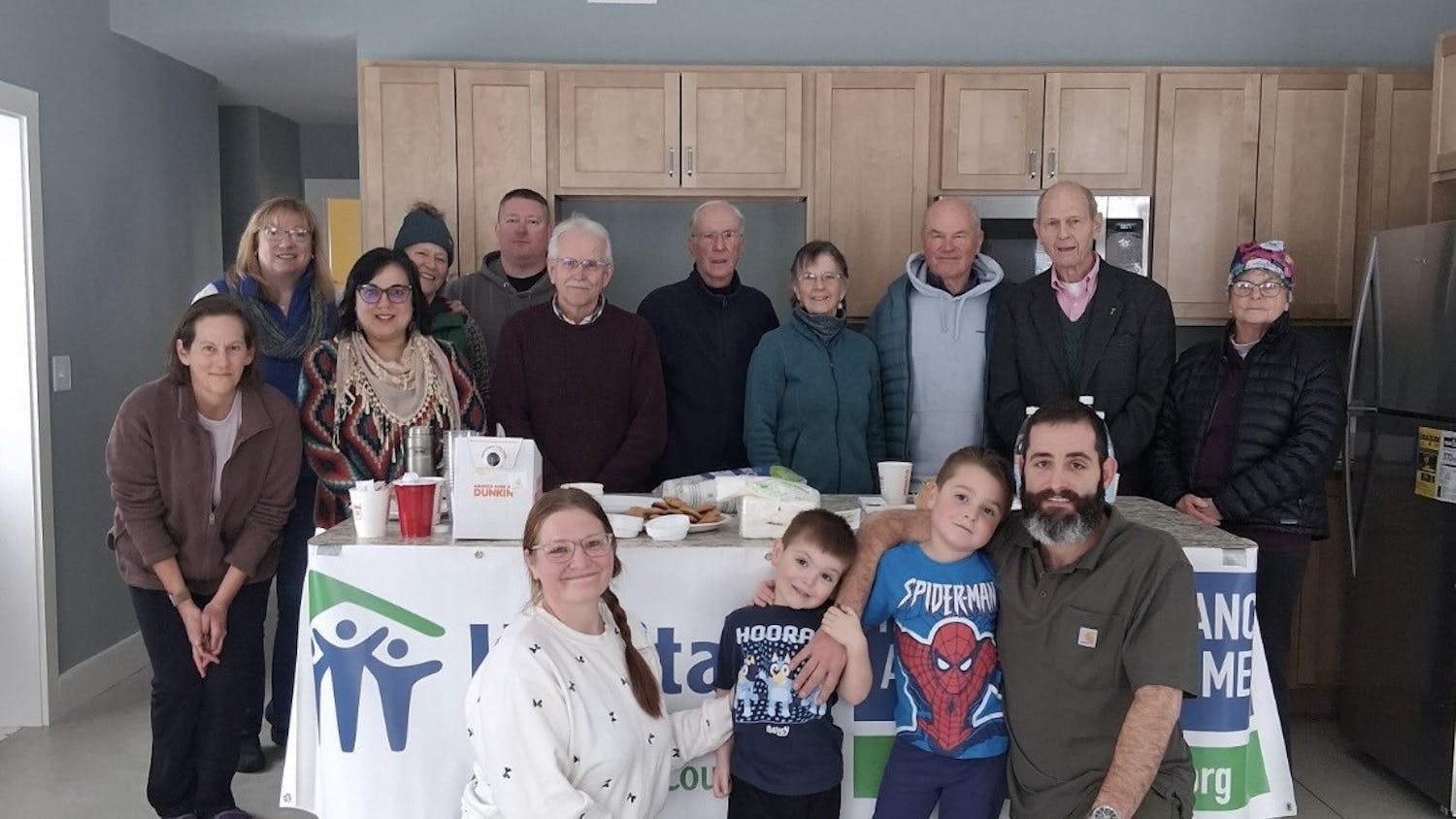A class visit to the statehouse in Montpelier last Thursday brought back a surge of memories — pages in green blazers darted up and down stairs, delivering messages. A large troupe of schoolchildren filed through the halls, meeting with the governor and legislators. A typical day at the Vermont state capital has changed little from six years ago, when I served as a legislative page.
Middlebury’s newly elected representative to the Vermont House, Paul Ralston, spoke with our group about his experience as a rookie legislator and his hopes for the session. As the founder of Vermont Coffee Company, he touted his direct experience creating jobs in the state. Ralston acknowledged that there is a steep learning curve as a freshman legislator, but he was positive about the possibilities for personal growth.
The visit included a short meeting with newly elected Governor Peter Shumlin. I winced at a reference to Wall Street taking jobs from Main Street, but Shumlin flaunts a folksy appeal. His skills as a politician are impressive, although I had hoped for a substantive answer to my question about making farmland more accessible to young farmers. The governor listed renaissance in agriculture, connectivity and health care as his key priorities for this legislative session. Shumlin spoke of the need for Vermont to market its agricultural products in Boston and New York. He promised cell phone coverage and broadband access to all Vermonters by 2013 and has introduced an innovative single payer health plan. I support his work with the legislature, especially his new health care system. Both he and Speaker Shap Smith spoke passionately about the need for health care to follow the individual, instead of being delivered by employers.
Smith, the Speaker of the House since 2009, reaffirmed that the legislature would deal with little else this spring. He came across as genuine, and gave thoughtful answers to questions. When asked how he thought Vermont could better attract young people to the state, Smith said that Vermont is not a place that a young person can “land” in and that we have to create opportunities to allow us to live and work here.
The Vermont legislature runs from January to April and is often extended into May to finish off key legislative priorities. Vermont legislators, in contrast to increasingly professionalized legislatures around the country, hold a primary job. This aspect does limit the profile of possible legislators, as they must have the financial security and job flexibility to leave work for four months out of the year. As Ralston said on April 21, being a legislator in Vermont ends up costing money.
Vermont eighth-graders can apply to serve as legislative pages. I served for part of the session, from February into March, attending school on Mondays and staying in Montpelier for the rest of the week. I got my first real paycheck and a sense of how politics in a small state work.
Pages deliver messages, notes and bills around the statehouse and inside the House and Senate when they are in session. One representative would call us to her desk to take a note and give us candy instead — she would still get my vote. Vermont’s capitol building is small, and despite the fact that I have not grown an inch since eight grade, it felt much smaller on my recent visit. Many legislators have moved on, especially those who held leadershiop positions, but I still saw some familiar faces. When I come back in another six years, I expect to find new pages running around in green blazers and another school group watching politics in action.
The Pragmatist
Comments



